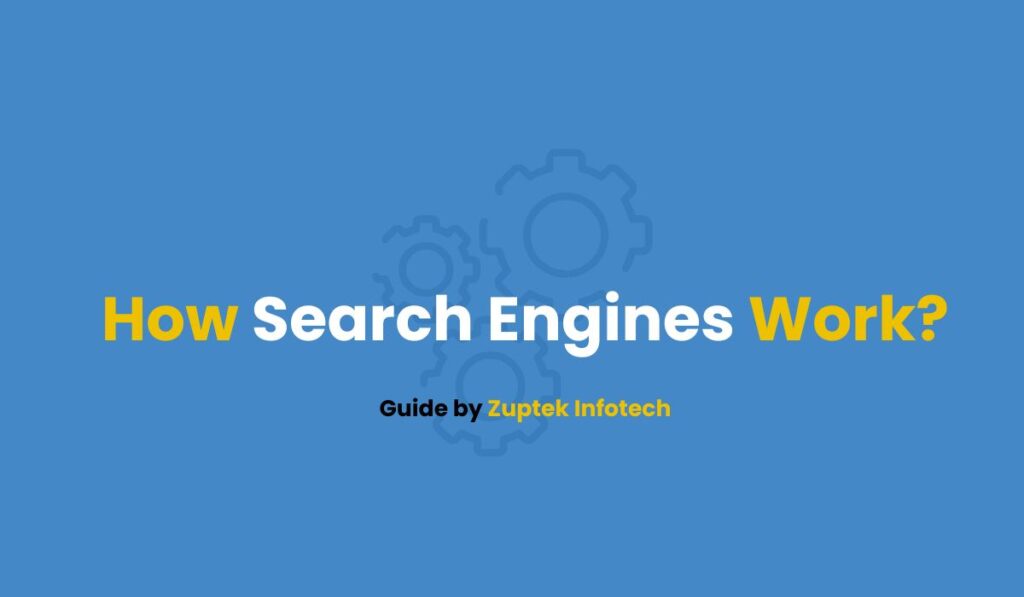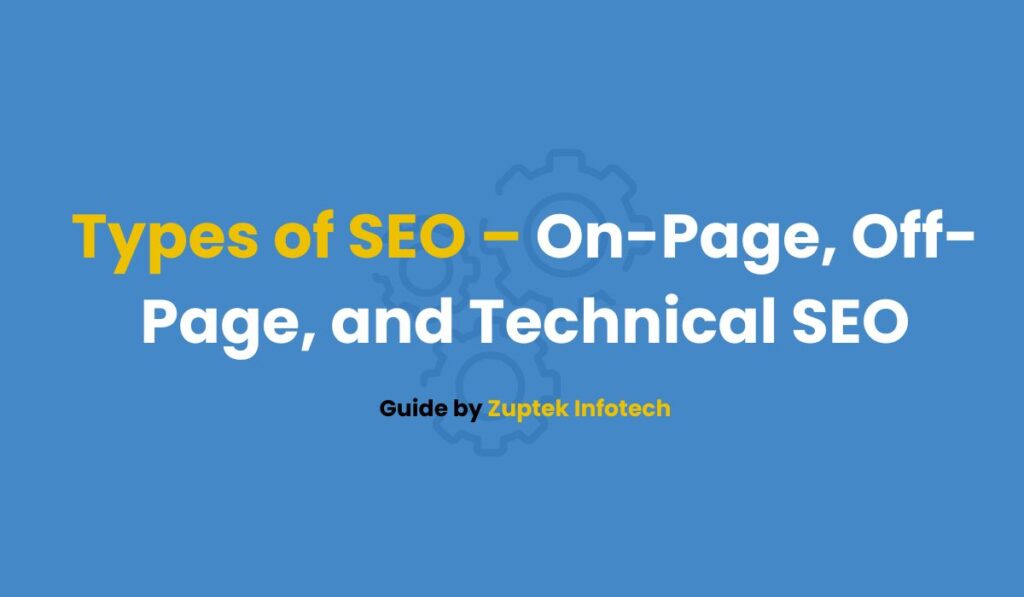Contents
SEO stands for Search Engine Optimization. It is the strategic process of enhancing a website to improve its visibility on search engines like Google, Bing, and Yahoo. When executed effectively, SEO helps websites rank higher in search engine results pages (SERPs), driving more organic (unpaid) traffic. This increased visibility can lead to greater brand awareness, higher engagement, lead generation, and ultimately, revenue growth.
Why is SEO Important?
- Visibility and Traffic – Websites that appear on the first page of search results capture 75% of user clicks. Higher rankings translate to more visibility and traffic.
- Credibility and Trust – Users perceive websites that rank at the top as more trustworthy and authoritative.
- Cost-Effective Marketing – Unlike paid advertising, organic traffic generated through SEO is free, sustainable, and long-term.
- Competitive Advantage – Companies that invest in SEO outperform competitors by maintaining consistent traffic and growth.
The Evolution of Search Engines
Search engines have evolved dramatically since the early days of the internet. Google, which launched in 1998, now dominates over 91% of the global search market share as of 2024. Bing, Yahoo, and newer players like DuckDuckGo continue to compete, but Google remains the primary driver of search traffic worldwide.
With advancements in artificial intelligence (AI) and machine learning, search engines have become smarter at understanding user intent. Features like voice search, visual search, and predictive queries are reshaping how users interact with search engines, making SEO an ever-evolving discipline.
SEO vs PPC (Pay-Per-Click)
- SEO – Focuses on organic traffic, providing long-term benefits, but takes time to show results.
- PPC – Involves paying for ads to appear at the top of search results, offering immediate traffic but requiring ongoing investment.
Key Differences:
- Cost – SEO traffic is free (after initial investment), while PPC requires a continuous budget.
- Longevity – SEO builds over time, whereas PPC stops the moment you pause your ad spend.
- Click-Through Rate (CTR) – Users are more likely to click on organic results compared to paid ads.
SEO vs Social Media Marketing
- SEO – Targets users actively searching for information.
- Social Media – Engages users through platforms like Facebook, Instagram, and LinkedIn.
Key Differences:
- Intent – SEO captures users with existing intent to find solutions, while social media creates interest.
- Traffic Source – SEO drives traffic from search engines; social media relies on shares, likes, and paid promotions.
- Content Longevity – SEO content can remain relevant for years, while social media posts have shorter lifespans.
SEO vs Content Marketing
- SEO – Optimizes content to rank higher on search engines.
- Content Marketing – Focuses on creating valuable content to attract and engage audiences.
Key Differences:
- Goal – SEO aims for search visibility; content marketing focuses on audience education and engagement.
- Dependency – SEO needs content to function, but content marketing may or may not prioritize SEO.
- Metrics – SEO success is measured by rankings and traffic, while content marketing tracks engagement, shares, and conversions.
Who Can Learn SEO?
- Students – Those looking to build a career in digital marketing.
- Freelancers – Individuals wanting to offer SEO services to clients.
- Entrepreneurs – Business owners aiming to grow their online presence.
- Bloggers – Writers seeking to increase traffic to their content.
- Developers – Web developers interested in improving site performance and visibility.
Who Benefits from SEO?
- Businesses of All Sizes – From local shops to large corporations, SEO drives leads and sales.
- Ecommerce Sites – Higher product page rankings lead to increased sales.
- Service Providers – Lawyers, doctors, consultants, and other professionals gain more clients through local SEO.
- Non-Profits – SEO raises awareness and attracts donors or volunteers.
- Educational Institutions – Improves online visibility for courses and programs.
Some SEO Facts
- Google dominates with over 91% market share in 2024.
- Over 8.5 billion searches happen daily on Google.
- 93% of all online experiences begin with a search engine.
- 46% of all Google searches are for local businesses and services.
- The top three Google search results receive over 50% of total clicks.
- Websites on the second page of search results account for less than 5% of clicks.
- Voice searches are expected to account for 55% of all searches by 2025.

Hey SEOs, I’m Maharshi – your friendly neighborhood search expert. I’ve been in the SEO game since 2017 and want to share my knowledge with you.
On this blog, we’ll explore practical tips to boost your search rankings. No confusing lingo, just straightforward advice to master search engines. Think of me as your SEO guide. I’ll walk you through optimizing website code, creating engaging content, understanding Google’s algorithms, and more.
We’ll cover everything from keywords to site speed using the latest, most effective strategies. My goal is to demystify SEO so you can start searching smarter.
Sound good? Buckle up and let’s get started! I promise an educational (and maybe even fun) ride into the world of search engine optimization. No shady tricks, just proven techniques to grow your online presence.
Let’s do this!

